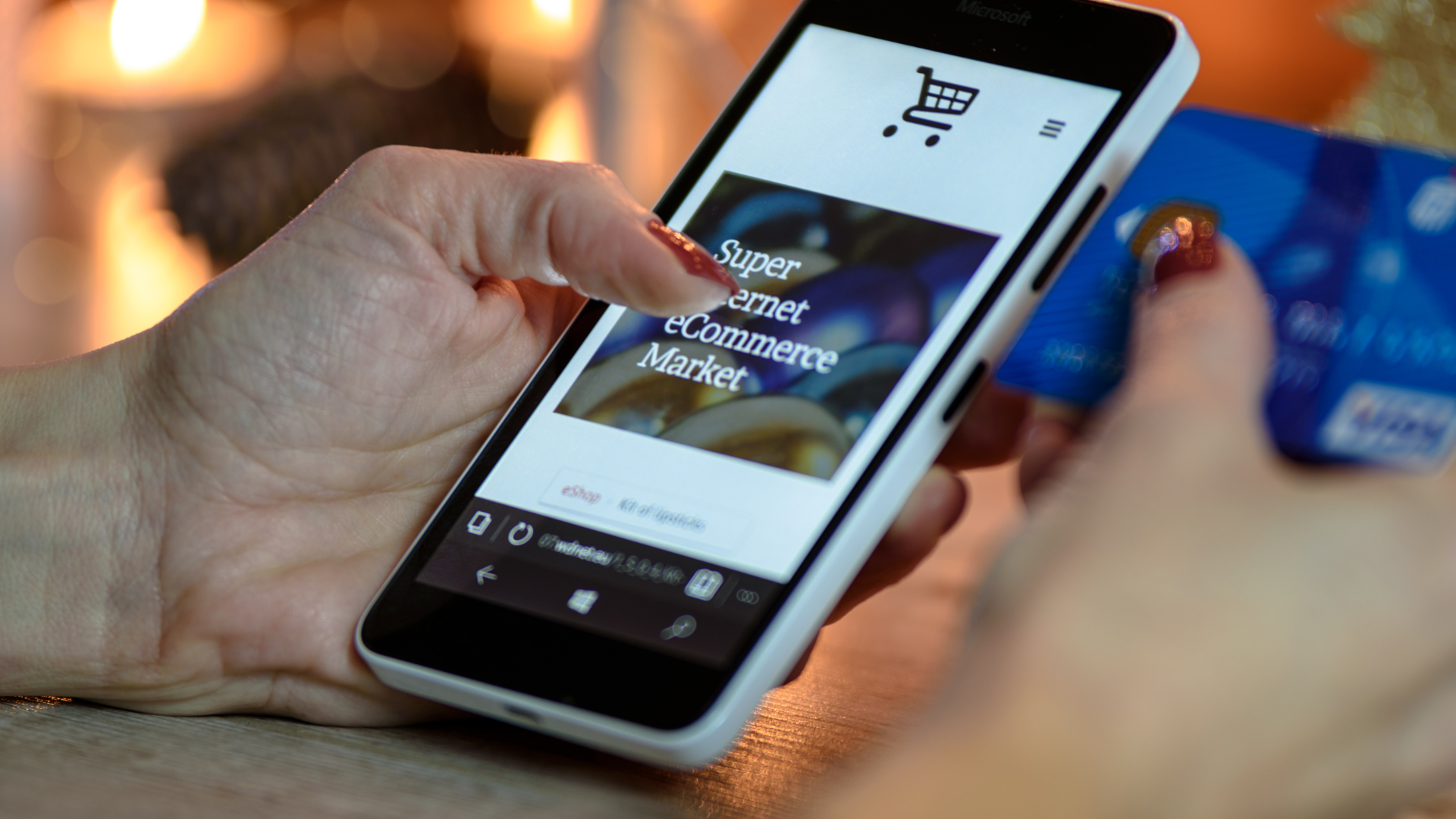E-commerce in Spain is experiencing a great boost and, as Black Friday approaches, which marks the start of the biggest shopping period with Christmas planning, consumer brands and retailers must prepare to turn this momentum into real sales
Black Friday: The quintessential e-commerce week
According to NIQ data, Black Friday is the number 1 sales week for e-commerce of consumer goods in the main Western European markets, with a 59% increase in sales above the annual weekly average.
Regarding Spain, among the categories that registered particularly strong growth during this period were dishwashing products (+52%), pet care (+50%), as well as beauty and personal care. Meanwhile, **the largest increase in value was in the categories of fragrances, as well as wine and sparkling wine, according to NIQ data for the past year's Black Friday week**. This highlights the importance of early, data-driven activation strategies for brands and retailers
E-commerce Throughout the Year
But e-commerce in fast-moving consumer goods is not only booming during this already established mass shopping event, but it continues its upward trend that it has been experiencing in recent months, and the online channel grew 4.5 times faster than the physical channel in the last year, with a 16.6% increase in sales as of August 2025, compared to the previous year, according to NielsenIQ's latest report, *Consumer Connection 2026. The Full View*, which analyzes the behavior of fast-moving consumer goods in Spain
The average ticket size in Spanish e-commerce is growing
According to this report, the frequency of online purchases is key to this strong increase in e-commerce in the FMCG sector, as 67% of Spaniards used this channel in the last year, registering a frequency of 11.8 purchases, an average ticket of 29.2 euros, and an average annual spending of 345.6 euros, compared to 302 a year earlier.
This is one of the levers that has enabled the growth of the consumer goods sector in Spain, which is positioned among the most dynamic countries both in Europe and globally. Until August, sales in value have grown by 4.4%, compared to 2.7% in Europe and 4% worldwide, and the forecast for next year, 2026, is that spending will reach an increase of 4.5%
Regarding the drivers of this growth, both in the online and physical channels, we find beauty and food products, which rose by August by 5.7% and 4.7%, respectively, compared to the previous year, driven by the growing concern of Spaniards for health and well-being. **Furthermore, in the case of the online channel, the healthcare sector grew by a significant 33%, boosted by nutritional supplements.**
Private label continues to grow, having gone from 49% of sales value in 2024 to 50% by the end of August, but in recent months, it has been observed that manufacturer brands are closing the gap. And returning to e-commerce data, we see how Pure Players dominate e-commerce, but other players are already making strong inroads. Thus, if Mercadona is the one growing the most, in second place we find TikTok, while the supplement brand HSN is the third that has increased its sales the most compared to a year earlier.
The Importance of Generation X and Regional Chains
Generation X, born between 1965 and 1980, which represents 25% of global spending in 2025 —in line with Spain, which is 26.5%— is in its prime earning and spending years. They are expected to lead global consumption until 2033, with 5.5% growth compared to other generations, but precisely in Spain, they have more room to grow and will be the ones to account for the largest expenditure until 2050. Currently, this generation comprises 5.5 million households in our country and they spend an average of 18.6 euros per transaction, 9% more than the average.
Furthermore, 72% of Spanish GenXers stated that when they make large purchases, they tend to be from manufacturers rather than private labels. And regarding sustainability, 59% of this demographic segment claims to recycle "often" or "always," surpassing Millennials and Generation Z. They are also the ones who prioritize health and, for example, 65% plan to start or increase their consumption of vitamins and supplements to take care of themselves.
A significant piece of data revealed by the report is the relevance of regional chains in our country, with 5 out of the top 10 Spanish distribution brands being regional. In this way, local supermarkets make up 46% of national distribution, and in some regions, they account for more than half, such as 57% in the northwest or 52% in the northeast.
The Value of Innovation
The study shows that innovation is crucial for brand success. In fact, manufacturers that choose to invest in this aspect have double the growth potential of those that do not innovate, but the reality is that they have declined by 13% compared to the previous year. And it should also be taken into account that, according to data collected by NIQ, 60% of innovations do not grow in their second year. Therefore, it is necessary for brands to focus on quality, convenience, and value communication to attract consumers.
Luis Simoes, General Manager for Iberia at NIQ, has stated that “retailers and manufacturers must treat Black Friday as a peak season, not just a week-long promotion. Omnichannel coordination and dynamic forecasting are essential to capture online demand while avoiding stockouts during this massive sales period that precedes the major Christmas shopping.”
"We must take into account that Spain—Simoes continued—is one of the most dynamic markets in Europe and e-commerce is proving to be the spearhead of this growth. In fact, we have updated data as of September showing that the increase amounts to 17.8% in sales value. This means that the market share continues to increase and already represents 6.8 billion in revenue, compared to 88 billion in the physical channel".
